According to Carl Sagan, who himself was one of the world’s best science communicators, Isaac Asimov was “the great explainer of our technological age.” Many things Asimov said in his books and interviews still ring true today. Here are some of the best Isaac Asimov quotes and sayings on the science of life and the distant future.
Predicting the Distant Future
“Predicting the future is a hopeless, thankless task, with ridicule to begin with and, all too often, scorn to end with.” – The World of 1990 in The Diners’ Club Magazine, January 1965
More about the Universe
“Ten years on the moon could tell us more about the universe than a thousand years on the earth might be able to.” – What Can We Expect of the Moon? In The American Legion Magazine, March 1965
On Flying Saucers

“I don’t believe in flying saucers… The energy requirements of interstellar travel are so great that it is inconceivable to me that any creatures piloting their ships across the vast depths of space would do so only in order to play games with us over a period of decades.” – Is Anyone There? (1967)
On Building Orbital Space Colonies
“Although they are reluctant to spend a few billions of dollars to get back an infinite quantity of money, the world doesn’t mind spending $400 billion every years on arms and armaments, never getting anything back from it except a chance to commit suicide.” – An Interview with Isaac Asimov, Southwest Airlines Magazine, (1979)
Decency Goes Unnoticed
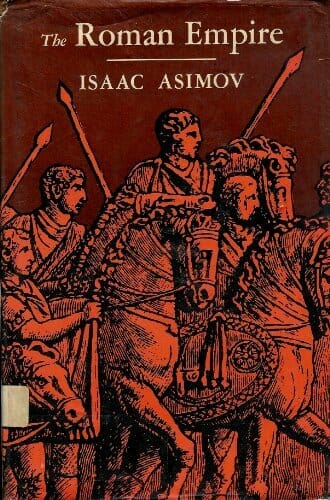
“It is important to remember that the viciousness and wrongs of life stick out very plainly but that even at the worst times there is a great deal of goodness, kindness, and day-to-day decency that goes unnoticed and makes no headlines.” – The Roman Empire (1967)
Those Who Govern
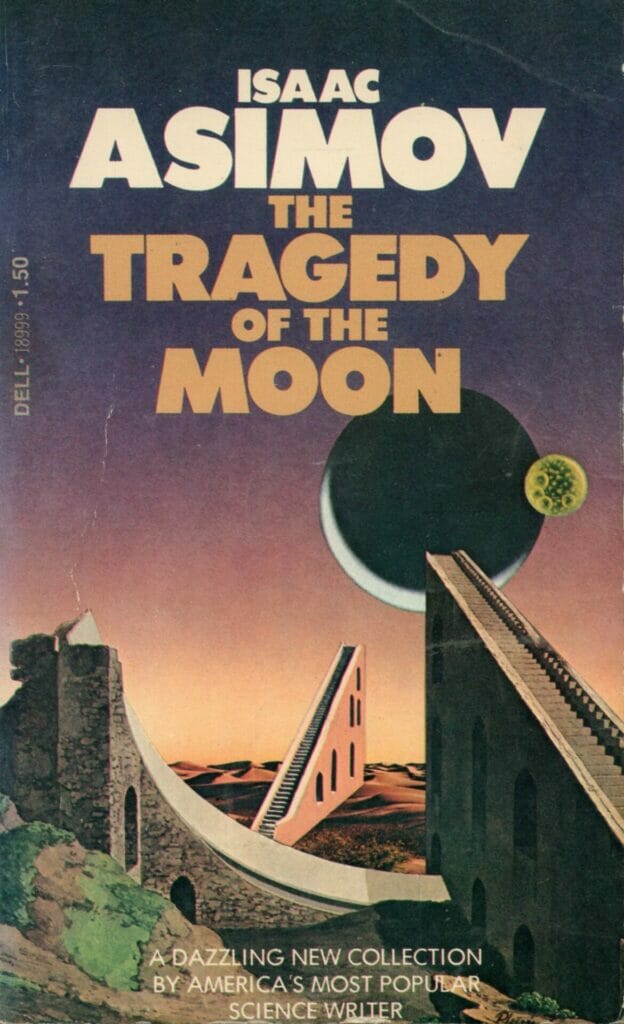
“Very often, those who govern technological decisions are not scientists and know little about science.” – The Tragedy of the Moon (1973)
Foreseeing the Inevitable
“Science fiction writers foresee the inevitable, and although problems and catastrophes may be inevitable, solutions are not.” – How Easy to See the Future, Natural History magazine (April 1975)
Continuing Change

“It is change, continuing change, inevitable change, that is the dominant factor in society today. No sensible decision can be made any longer without taking into account not only the world as it is, but the world as it will be.” – My Own View in The Encyclopedia of Science Fiction (1978)
Meaningless Answers
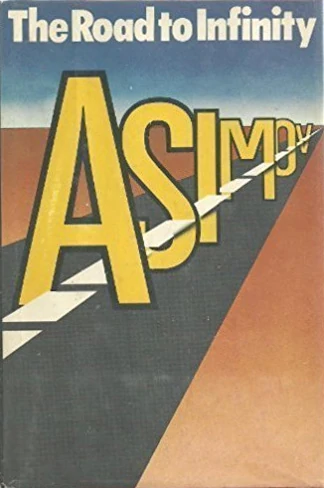
“Where any answer is possible, all answers are meaningless.” – The Road to Infinity (1979)
A Cult of Ignorance
“There is a cult of ignorance in the United States, and there always has been. The strain of anti-intellectualism has been a constant thread winding its way through our political and cultural life, nurtured by the false notion that democracy means that “my ignorance is just as good as your knowledge.” – A Cult of Ignorance, Newsweek (January 1980)
Describing Anyone
“The best way to describe anyone is to give an example of the kind of thing he would do.” – In Joy Still Felt (1980)
Ignorance
“To surrender to ignorance and call it God has always been premature, and it remains premature today.” – The “Threat” of Creationism in New York Times Magazine (June 1981)
Evidence

“I believe in evidence. I believe in observation, measurement, and reasoning, confirmed by independent observers. I’ll believe anything, no matter how wild and ridiculous, if there is evidence for it.” – The Roving Mind (1983)
Art and Science
“How often people speak of art and science as though they were two entirely different things, with no interconnection?” – The Roving Mind (1983)
Future Visions
“Science fiction always bases its future visions on changes in the levels of science and technology. And the reason for that consistency is simply that—in reality—all other changes throughout history have been irrelevant and trivial.” – Science, Technology and Space: The Isaac Asimov Interview, Mother Earth News (October 1980)
Life Is Going To Be Different
“I don’t know of any science fiction writer who really attempts to be a prophet. Such authors accomplish their tasks not by being correct in their predictions, necessarily, but merely by hammering home—in story after story—the notion that life is going to be different.” – Science, Technology and Space: The Isaac Asimov Interview, Mother Earth News (October 1980)
On Population Increase
“I imagine that as population continues to increase—and as the available resources decrease—there will be less energy and food, so we’ll all enter a stage of scrounging. In such a universal scramble, the Earth will be just plain desolated, because everyone will be striving merely to survive regardless of the cost to the environment.” – Science, Technology and Space: The Isaac Asimov Interview, Mother Earth News (October 1980)
Money

“If the love of money is the root of all evil, the need of money is most certainly the root of all despair.” – Half-Breed, Astonishing Stories (February 1940)
Modesty

“Modesty is an unnatural attitude, and one which is only with difficulty taught to children.” – Mother Earth, Astounding Science Fiction (May 1949)
Machine Is Only a Tool
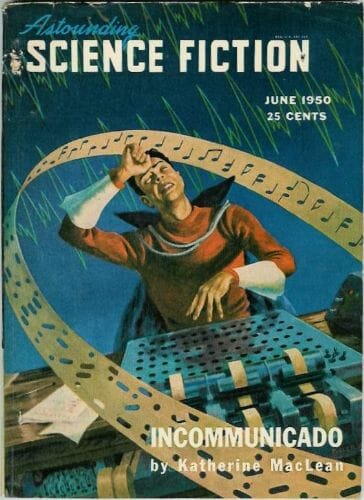
“The machine is only a tool after all, which can help humanity progress faster by taking some of the burdens of calculations and interpretations off its back. The task of the human brain remains what it has always been; that of discovering new data to be analyzed, and of devising new concepts to be tested.” – The Evitable Conflict, Astounding Science Fiction (June 1950)
A Pebble in the Sky
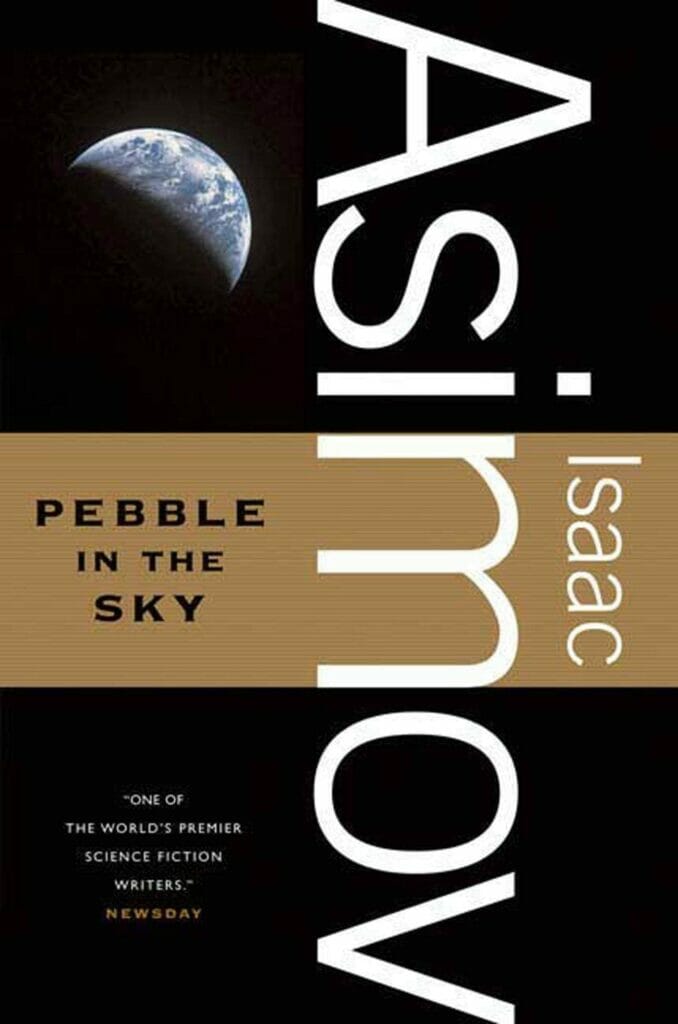
“To the rest of the Galaxy, if they are aware of us at all, Earth is but a pebble in the sky. To us it is home, and all the home we know.” – Pebble in the Sky (1950)
War Condemns War
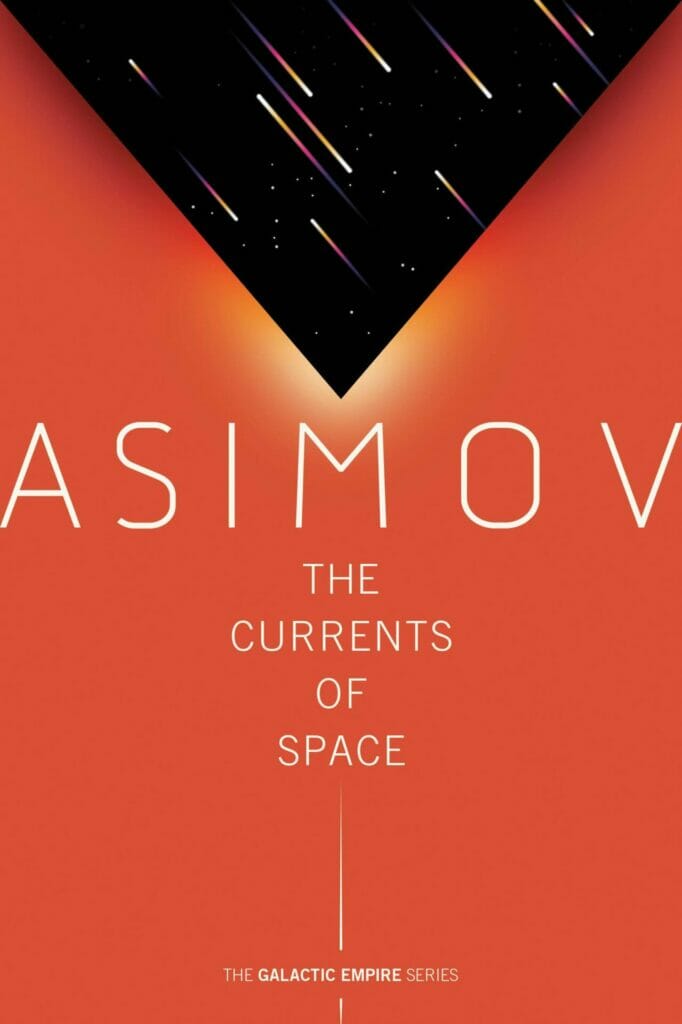
“What could be more eloquent as a condemnation of war than war itself?” – The Currents of Space (1952)
Scientific Truth
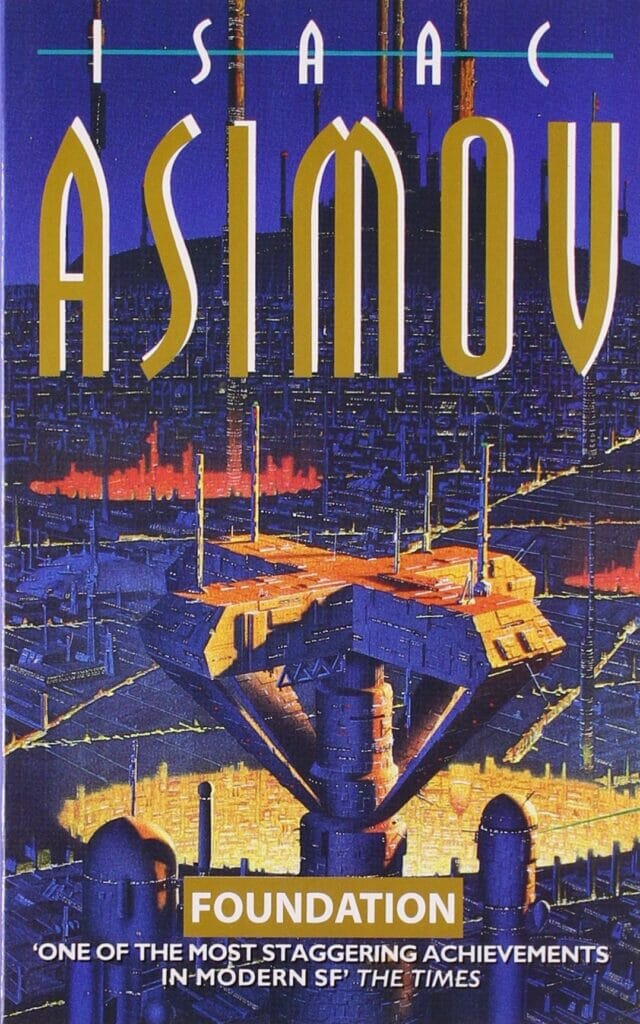
“Scientific truth is beyond loyalty and disloyalty.” – Foundation (1951)
Refuge of the Incompetent
“Violence is the last refuge of the incompetent.” – Foundation (1951)
Sense of Morals
“Never let your sense of morals prevent you from doing what is right.” – Foundation (1951)
Public Library
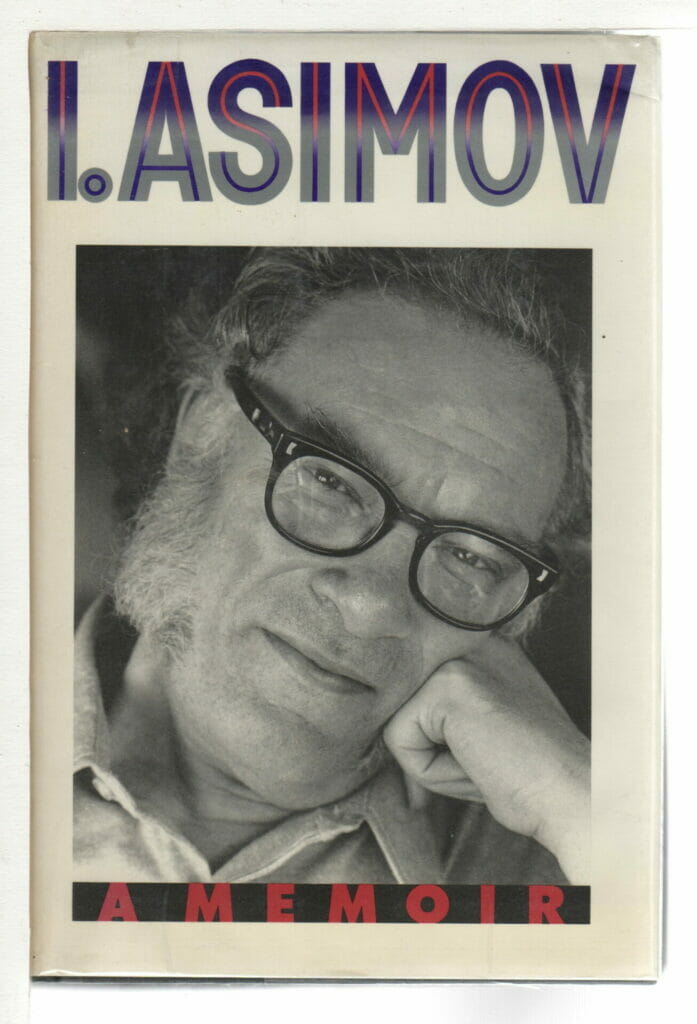
“I received the fundamentals of my education in school, but that was not enough. My real education, the superstructure, the details, the true architecture, I got out of the public library.” – I. Asimov: A Memoir (1994)
Humanity
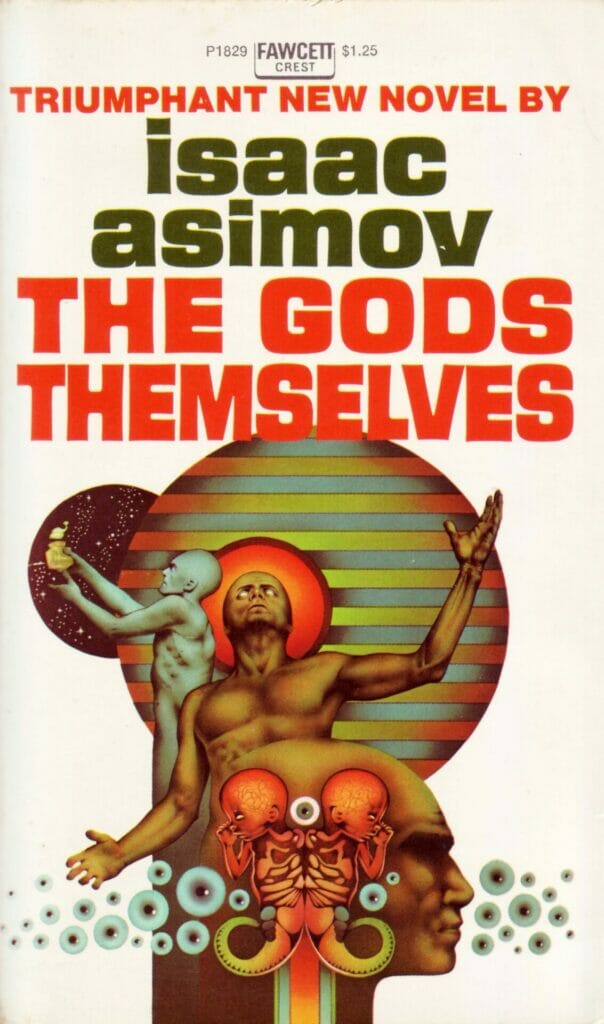
“I’ve lived most of my life already and I suppose I can argue myself into believing that I have no great cause to love humanity. However, only a few people have hurt me, and if I hurt everyone in return that is unconscionable usury.” – The Gods Themselves (1972)
Real Life Overpopulation
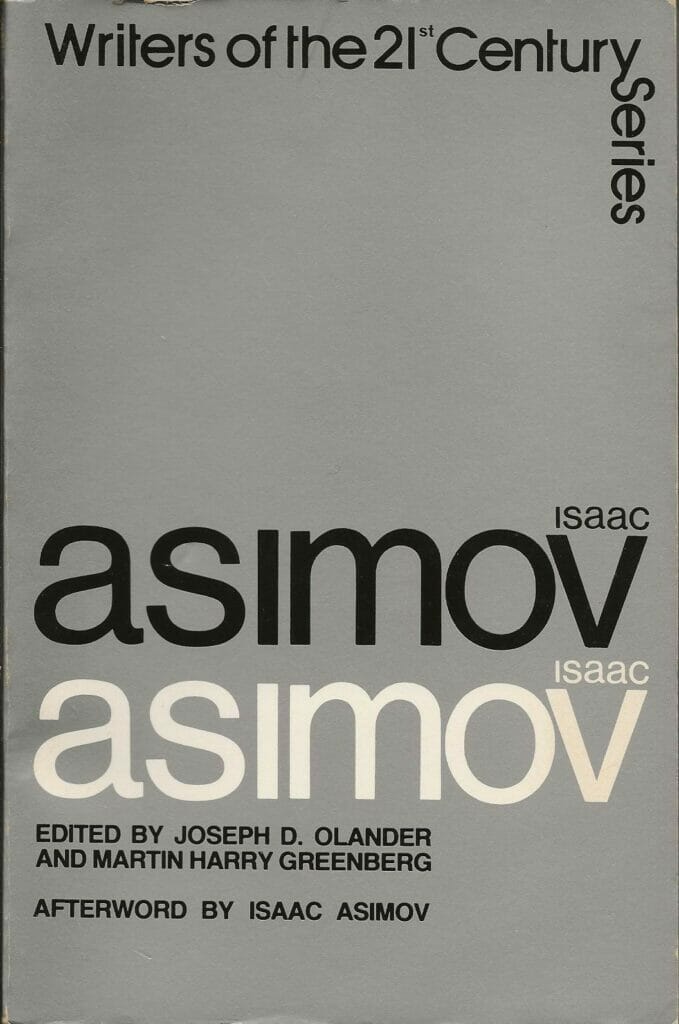
“Technologically, we can stop overpopulation, but we have to persuade people to accept the technology.” – Isaac Asimov by Joseph D. Olander and Martin Harry Greenberg (1977)
Military Mind
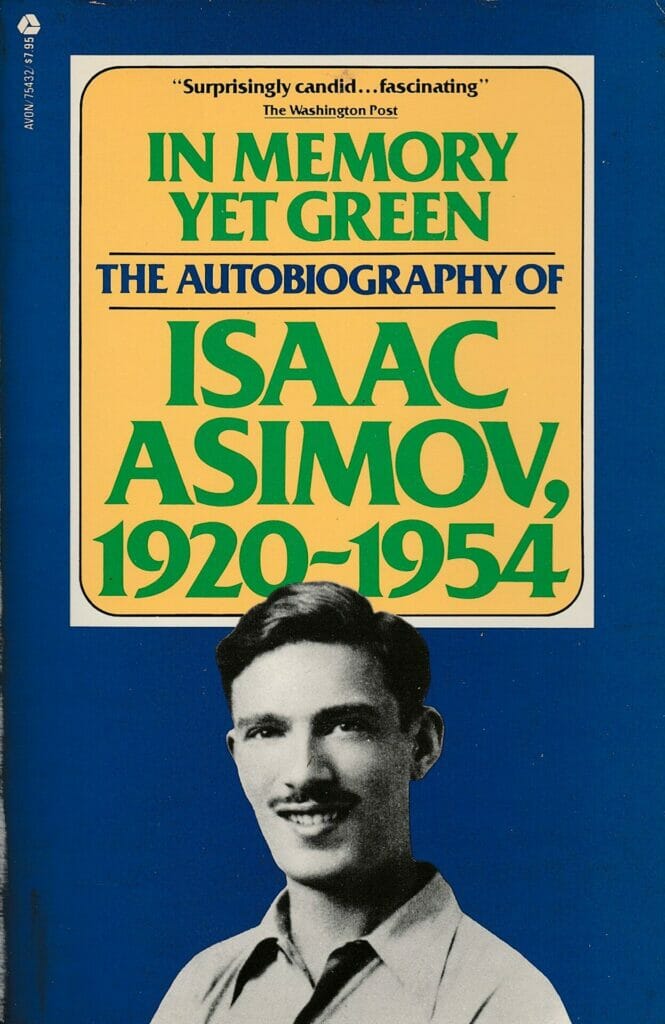
“The military mind remains unparalleled as a vehicle of creative stupidity.” – In Memory Yet Green (1979)
Theory
“Creationists make it sound as though a “theory” is something you dreamt up after being drunk all night.” – This quote is often attributed as a remark by Asimov to the NCAC (National Coalition Against Censorship) in 1980
Science as Time Machine
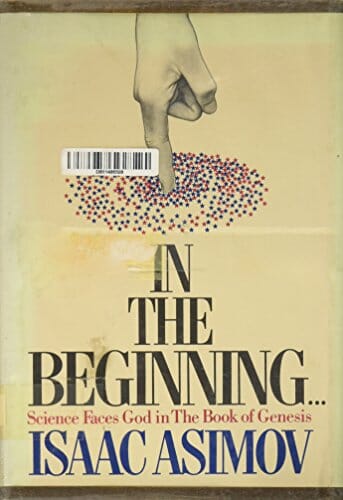
“The Bible and science agree in being unable to say anything certain about what happened before the beginning. There is this difference. The Bible will never be able to tell us. It has reached its final form, and it simply doesn’t say. Science, on the other hand, is still developing, and the time may come when it can answer questions that, at present, it cannot.” – In the Beginning (1981)
Folly
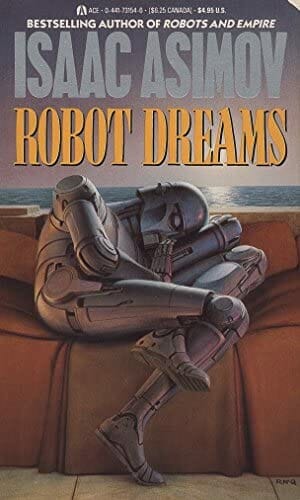
“There are limits beyond which your folly will not carry you. I am glad of that. In fact, I am relieved.” – Robot Dreams (1986)
Three Laws of Robotics
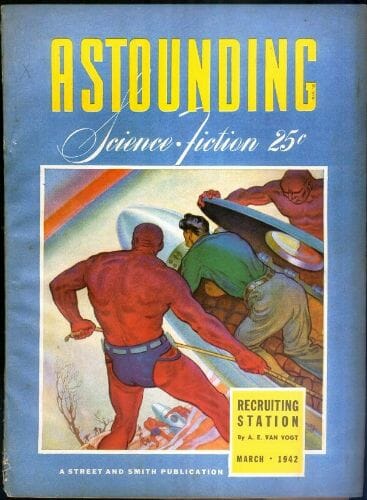
“A robot may not injure a human being or, through inaction, allow a human being to come to harm. A robot must obey the orders given it by human beings except where such orders would conflict with the First Law. And a robot must protect its own existence as long as such protection does not conflict with the First or Second Law.” – Runaround, Astounding Science Fiction (March 1942)
Isaac Asimov has always been one of our favorite sci fi writers. Do you have a favorite sci fi writer who is known for producing some cool quotes that we could blog about? If so, let us know who it is. We’d love to hear from you.
If you liked this, then check out 29 Intense Sci-Fi TV Shows You Can Watch on Netflix Immediately!
Other things you might want to know about.
What is Isaac Asimov most famous for?
According to britannica.com Asimov was a highly successful writer of science fiction and science books for the everyday person. He wrote or edited about 500 volumes. The most famous were the stories in the Foundation and robot series. He won the Hugo Award in 1993, 1966, 1973, 1977,1983, 1992, and 1995. He was born in Russia in 1920 and was brought to the United States at the age of 3. And he grew up in Brooklyn, New York. Asimov died at the age of 72 in New York, New York.
What was Issac Asimov’s first job?
According to britannica.com Asimov worked at the Naval Aviation Experimental Station in Philadelphia during World War II. He began to contribute stories to science fiction magazines in 1939. He sold his first story, “Marooned off Vesta” to Amazing Stories in the March, 1939 issue.
In 1940 he began writing his robot stories.
15 Fascinating Facts about Isaac Asimov
According to mentalfloss.com Asimov consulted on Star Trek. Here are 15 facts about this famous Humanist.
- Isaac Asimov’s parents were immigrants who owned candy stores.
- Isaac Asimov fell in love with science fiction at his first job.
- Isaac Asimov was rejected from nearly every school to which he applied.
- Despite the slow start, Asimov eventually earned a doctorate.
- Asimov had a successful career in academia.
- Asimov used the pen name Paul French.
- Isaac Asimov wrote a movie musical for Paul McCartney.
- Asimov was an on-again, off-again member of Mensa.
- After an initial tiff, Asimov collaborated with the creator of Star Trek.
- Isaac Asimov coined the word robotics.
- Isaac Asimov had extreme acrophobia (fear of heights) and aviophobia (fear of flying).
- Asimov met his second wife (Janet Opal Jeppson) at an autograph signing.
- Asimov and J.O. Jeppson collaborated on numerous writing projects.
- Asimov was infected with HIV during a blood transfusion.
- Isaac Asimov’s true cause of death wasn’t revealed until 2002.
You can read all the details of this list on mentalfloss.com







